Kalamazoo Invests in Cannabis Education and Social Equity with New Chamber

Kalamazoo, a city known for its progressive steps towards integrating the cannabis industry into its local economy, is taking another significant stride. In a recent move, the city has allocated a portion of its cannabis tax revenue towards fostering education and job training within the cannabis sector for its residents. This initiative underscores a growing trend among municipalities to harness the economic potential of legal cannabis while promoting social equity and community education.
A three-year contract, valued at $990,000, was awarded to the Detroit Cannabis Project (DCP) earlier this month by the City Commission. This collaboration aims to establish a "Social Equity Cannabis Chamber" in Kalamazoo, an entity designed to mirror the functions of a traditional chamber of commerce but with a focus on the unique needs of the cannabis industry and its clientele.
Antonio Mitchell, Kalamazoo's Economic Development Director, elaborated on the chamber's mission, emphasizing its role in offering resources specifically crafted for cannabis businesses and their customers. In 2022, Kalamazoo received $881,300 in revenue from marijuana business fees and taxes from the state. A 2020 ordinance mandates that at least 25% of these funds are dedicated to initiatives such as training for people of color in owning and operating marijuana businesses, community outreach, and educational programs about cannabis use, aligning with the city's broader priorities.
The Detroit Cannabis Project, under the leadership of founder Rebecca Colett, brings a wealth of experience and resources to this partnership. Since its inception in 2020, DCP has aimed to enhance diversity within the cannabis industry. The project has evolved into an incubator program, offering a variety of services including cannabis health and safety classes and support for those interested in entering the cannabis market, whether through employment or entrepreneurship.
Addressing the persistent stigma surrounding cannabis, particularly in communities adversely affected by the war on drugs, Colett highlighted the importance of accessible information and education. DCP's approach allows community members, including those from religious or neighborhood organizations, to seek advice and information from medical professionals about cannabis.
Beyond educational efforts, DCP intends to facilitate networking between the cannabis sector and other businesses in Kalamazoo, fostering a synergy that can lead to mutual growth and opportunities. This initiative is part of a broader vision to integrate the cannabis industry more seamlessly into the local economy, emphasizing relationship-building as a cornerstone of success in this unique field.
Despite the lack of federal legalization, Michigan's cannabis market is thriving, with 574 licensees generating $1.8 billion in sales in 2022. Kalamazoo is leveraging this vibrant industry to promote education, awareness, and positive community engagement, according to Mitchell. The partnership with DCP is seen as a pathway to achieving these objectives, ensuring the cannabis industry contributes constructively to the city and its residents.
An inaugural event planned for this spring by DCP will mark the beginning of this ambitious program, though specifics are still being finalized. With established partnerships in other Michigan cities such as Grand Rapids and Battle Creek, DCP's experience and existing networks in West Michigan are expected to enhance the effectiveness of the Social Equity Cannabis Chamber in Kalamazoo.
Share this article:
Spotted a typo, grammatical error, or a factual inaccuracy? Let us know - we're committed to correcting errors swiftly and accurately!

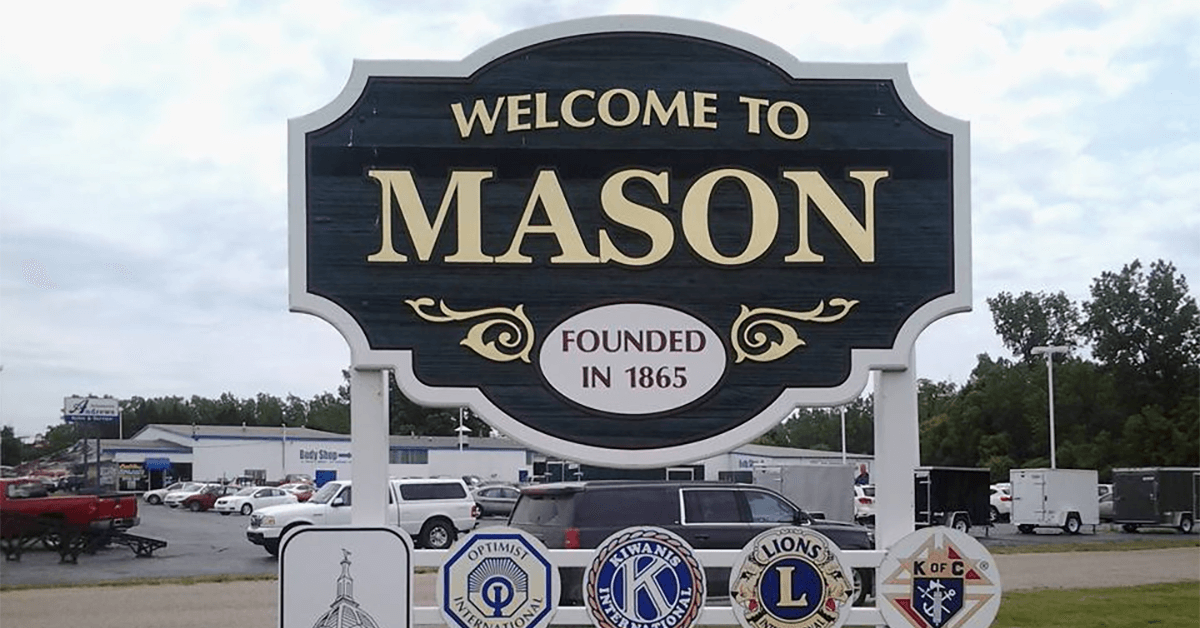
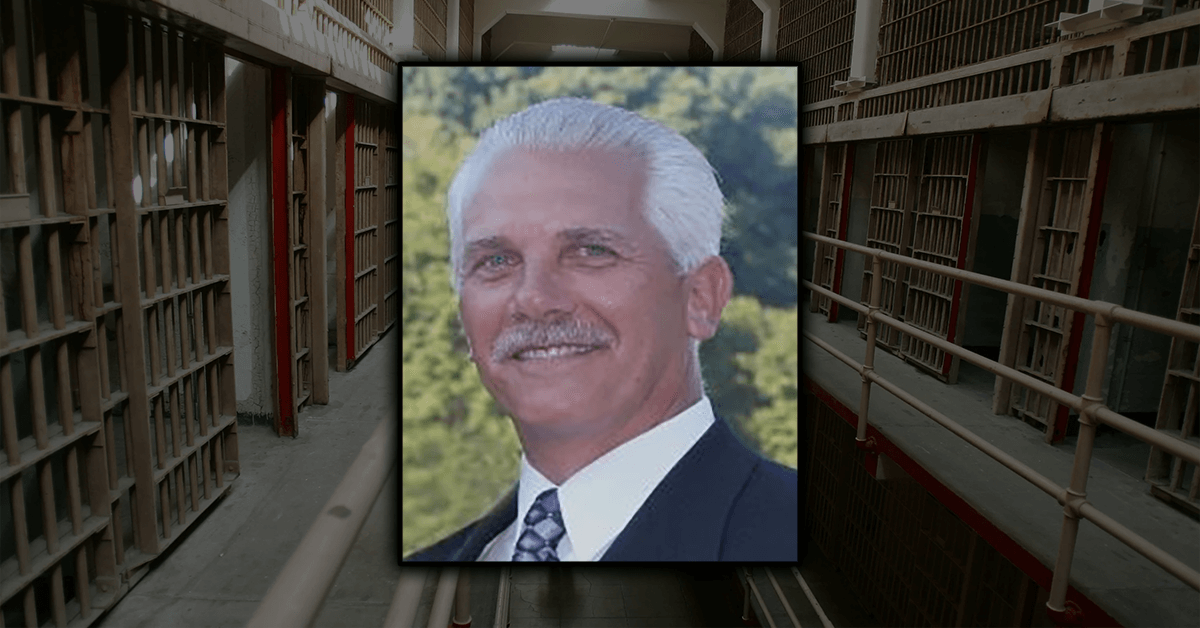
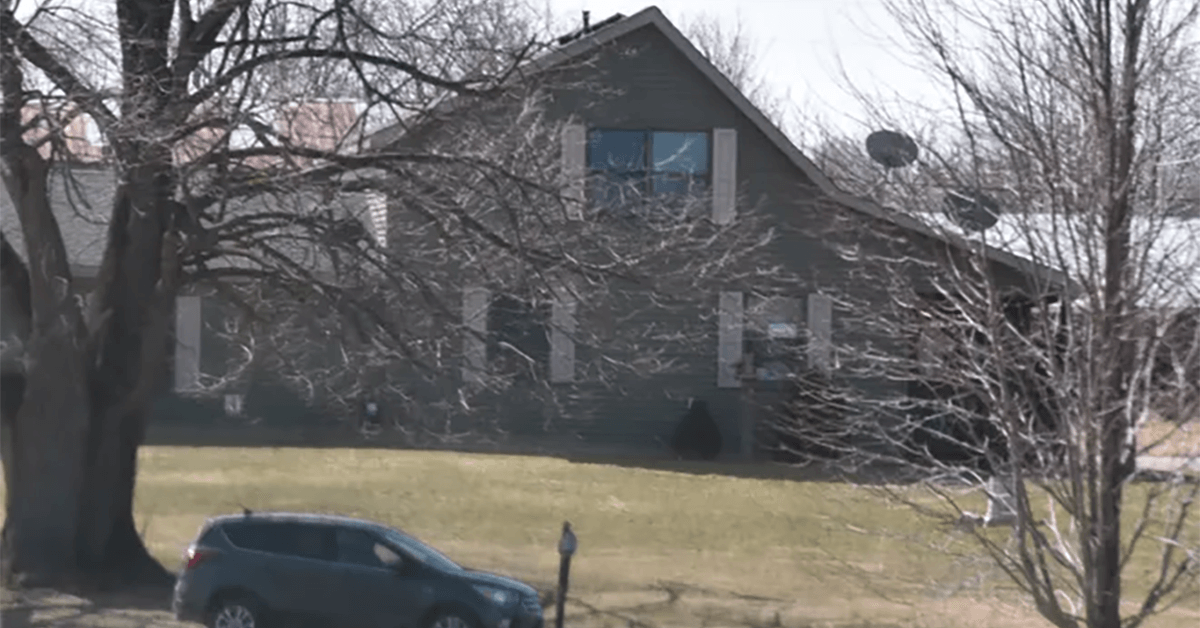
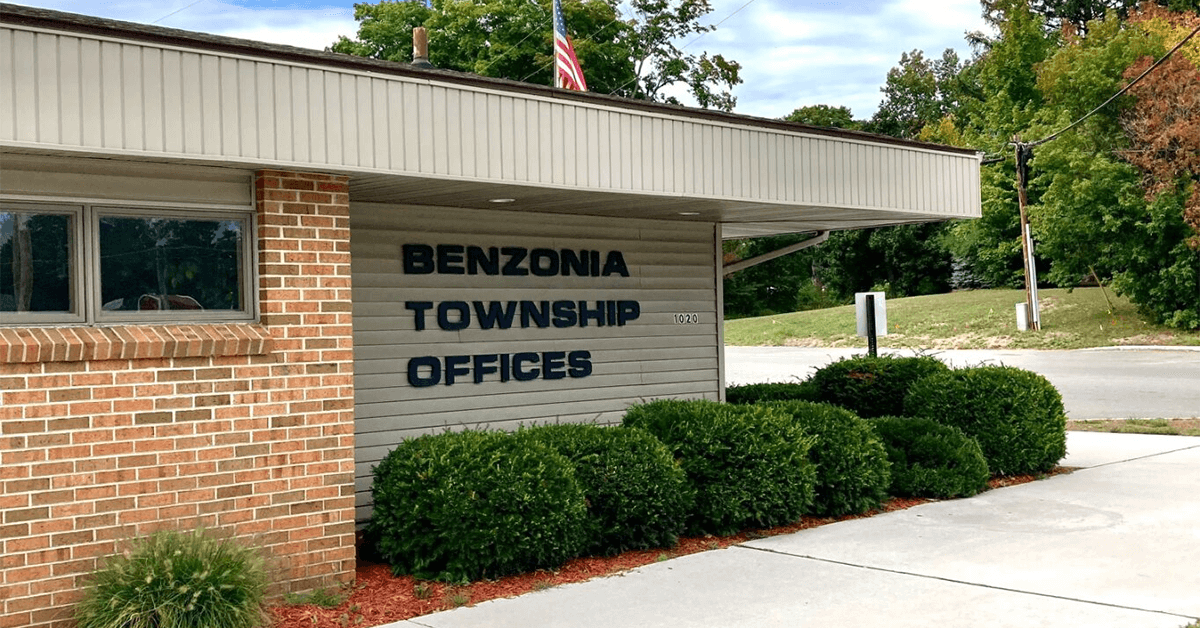
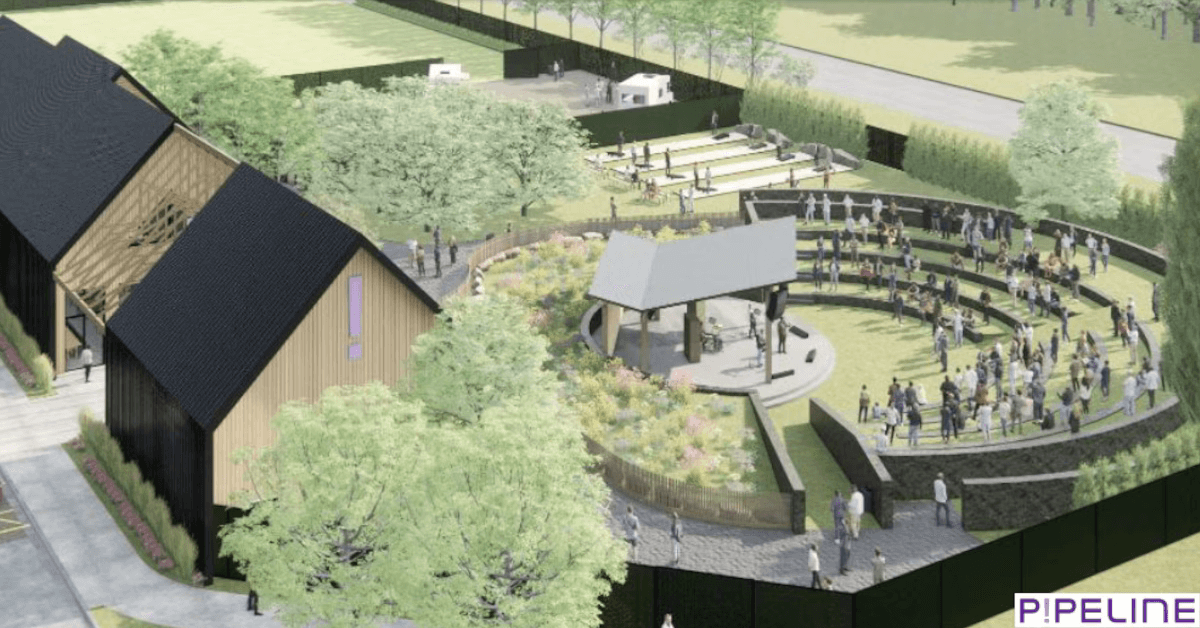


 Helpful Links
Helpful Links